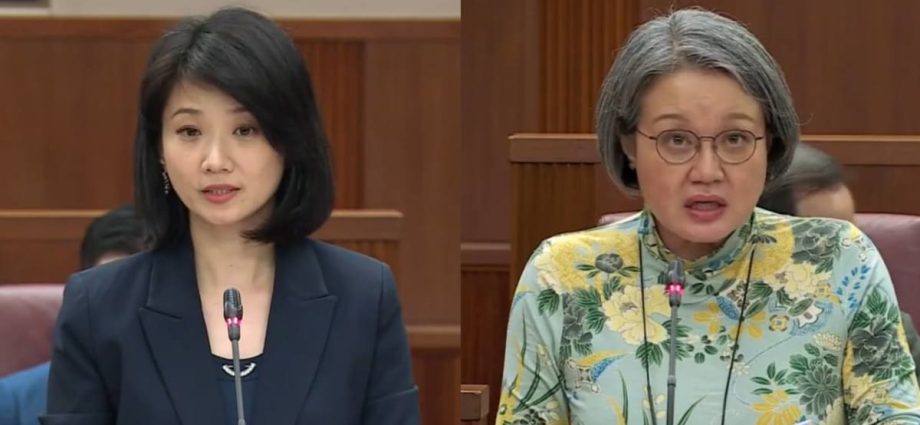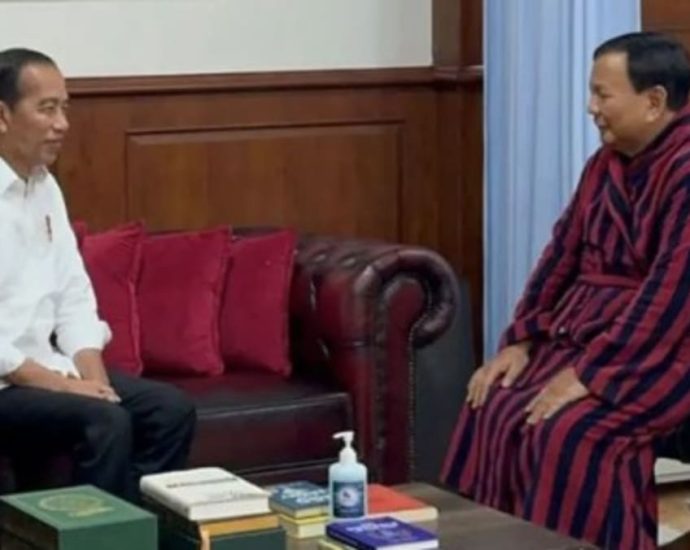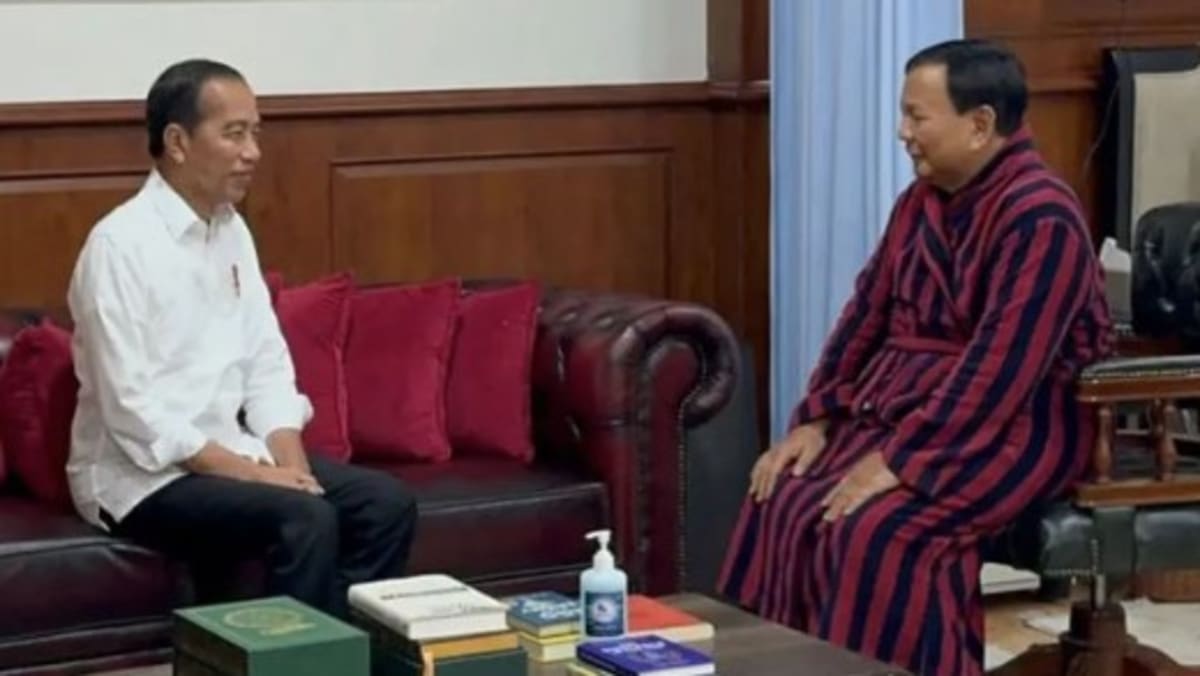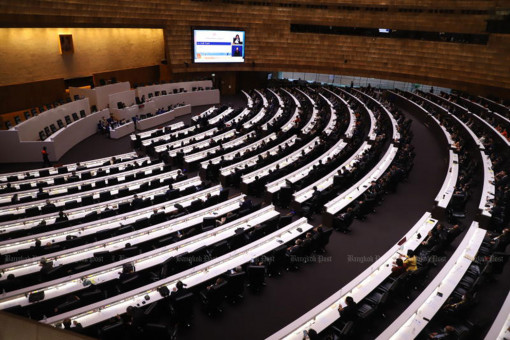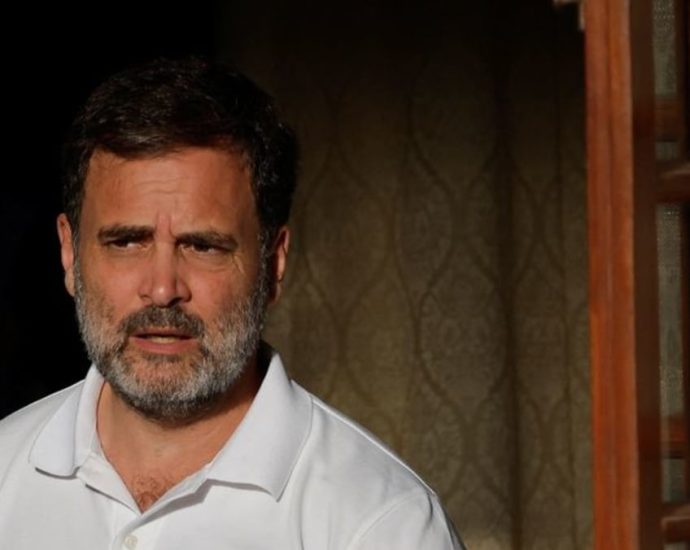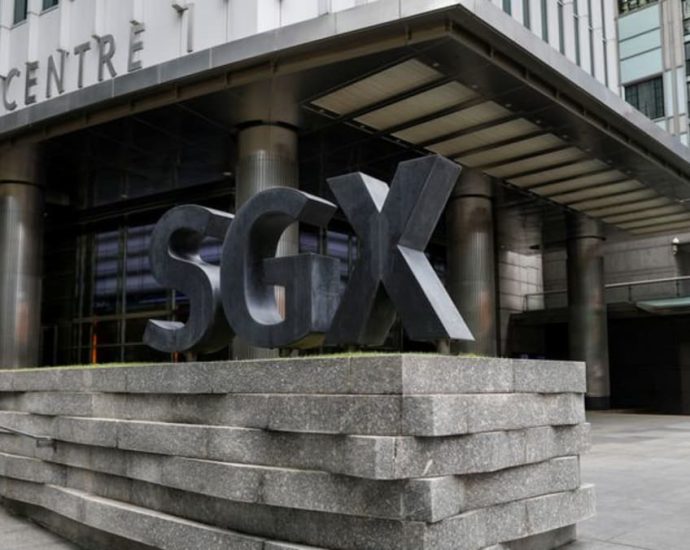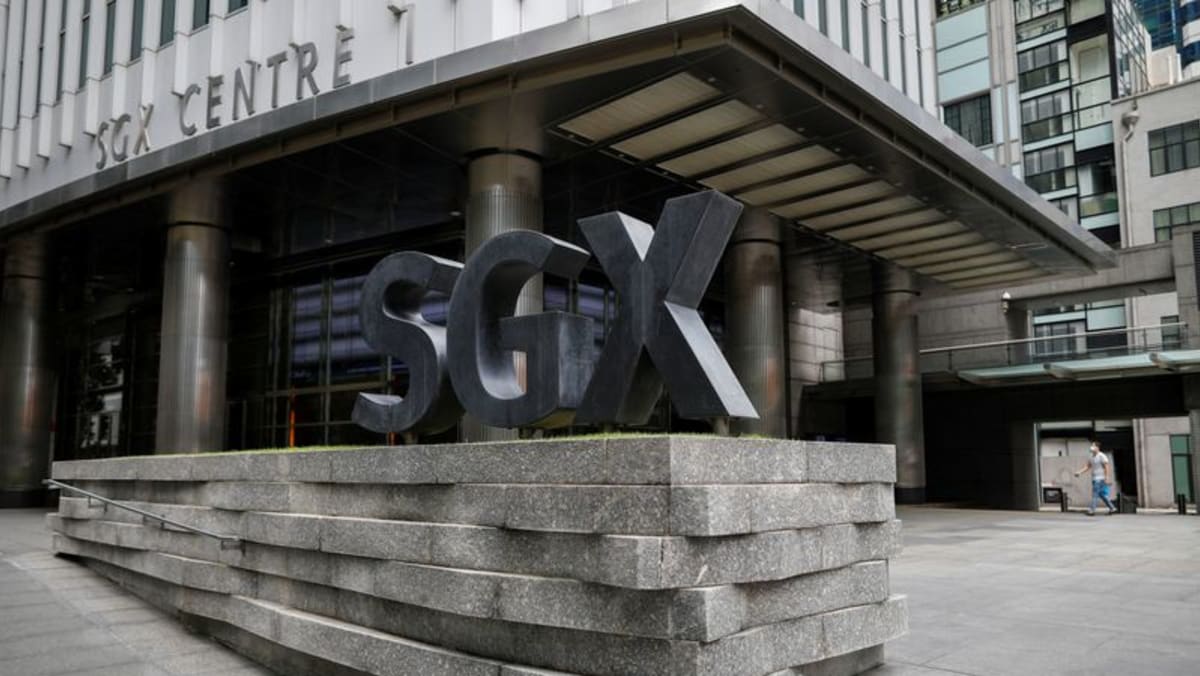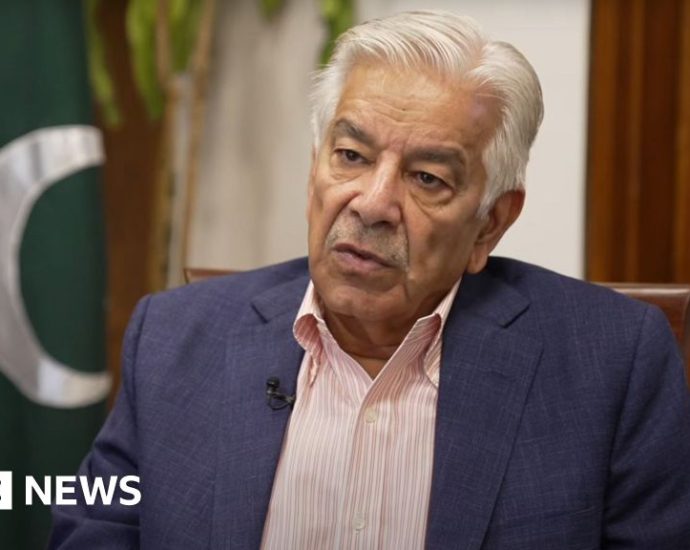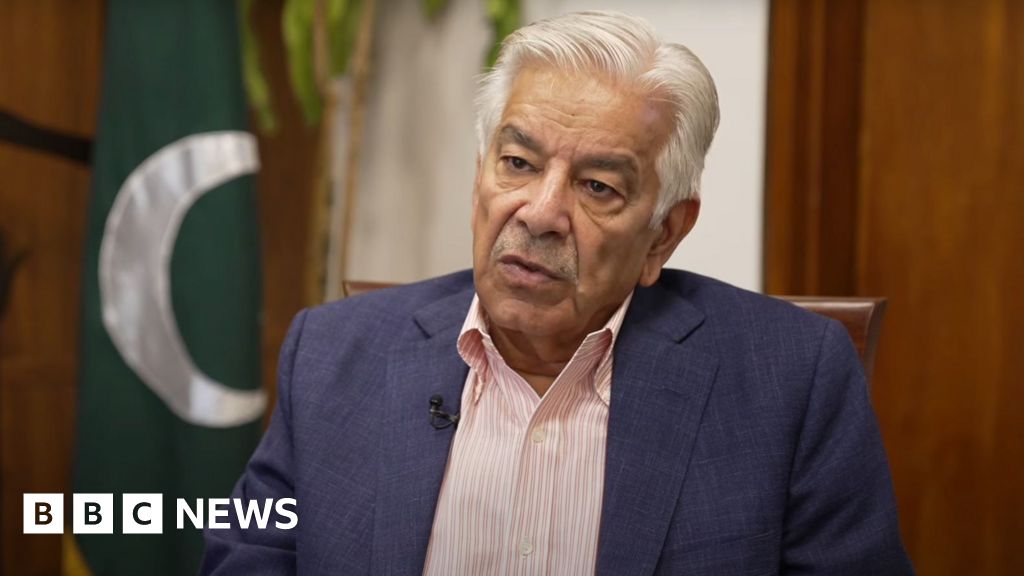Convicted foreigners deported to countries based on where their passports allow them to enter: Sun Xueling
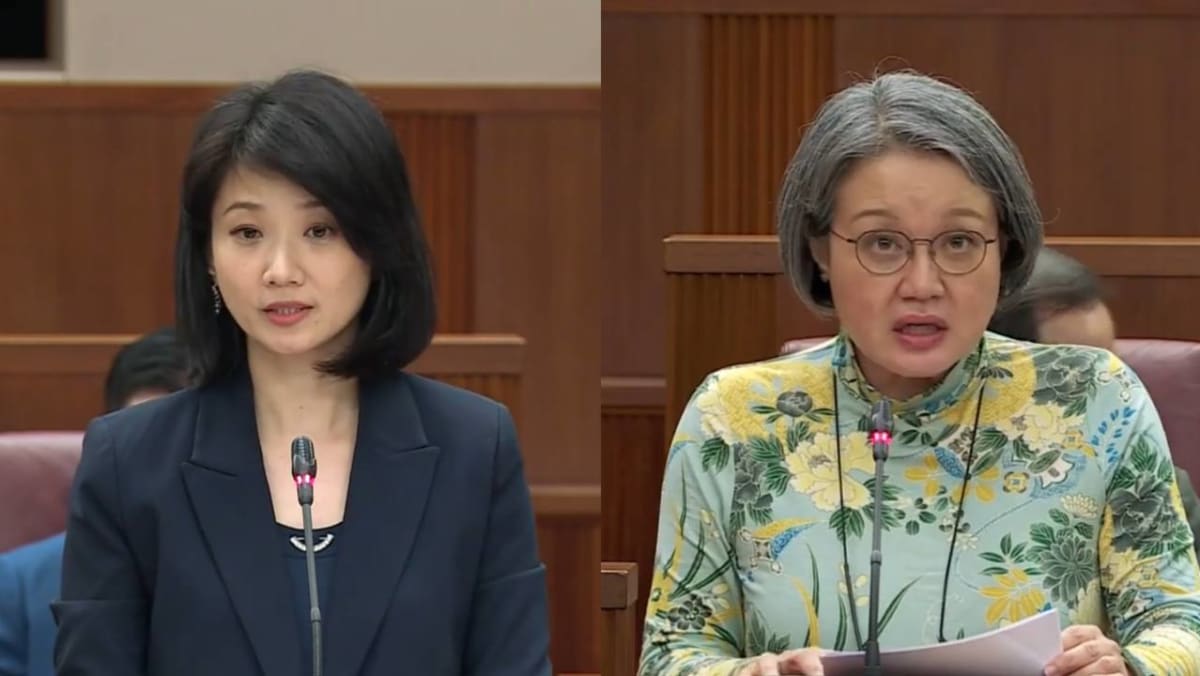
SINGAPORE: Foreigners who have been convicted of offences in Singapore and are to be deported can indicate which country they would like to be deported to, said Minister of State for Home Affairs and for Social and Family Development Sun Xueling on Tuesday (Jul 2).
But it is not a case of the offenders saying “I choose and therefore I will be sent there”, said Ms Sun in response to a parliamentary question by Ms Sylvia Lim (WP-Aljunied).
“There needs to be an assessment by the ministry as to whether or not the individual can be admissible to the country, based on the travel document that he or she holds,” she explained.
Ms Lim had asked about the considerations taken into account when deciding which countries convicted foreigners get deported to after serving their sentences, and how the considerations applied to the offenders involved in the recent billion-dollar money laundering case.
In response, Ms Sun had said: “Such foreigners can go to any country to which their passport or travel document allows them to go. This applies similarly to the convicted foreigners in the S$3 billion (US$2.21 billion) money laundering case.”
The case, which involved 10 foreigners and assets such as hard cash, luxury properties, branded goods, cryptocurrency and alcohol, thrust the issue of money laundering into the spotlight in Singapore.
As of the end of June, eight of the 10 had been deported.
Su Baolin, Su Haijin, Su Wenqiang, Wang Baosen, Zhang Ruijin, Chen Qingyuan and Lin Baoying were all deported to Cambodia while Vang Shuiming was deported to Japan.
They are barred from re-entering Singapore.
Law Minister K Shanmugam previously said in an interview that offenders who complete their sentences can be deported to wherever the passports they hold allow them to go.
BILLION-DOLLAR CASE CONVICTS
On Tuesday, Ms Lim also asked if the Immigration and Checkpoints Authority (ICA) has a default guideline under which convicted foreigners are typically deported to the countries they belong to.
“From my past experience, it is quite normal for foreigners to be sent back to their home countries,” said Ms Lim, who works in the legal sector.
In response, Ms Sun said that those examples cited by Ms Lim could be cases where the subject did not hold multiple passports, and therefore the only country they could be deported to was their home country. “In this case, the 10 subjects hold multiple passports,” she noted.
Ms Lim also asked why those who are not Cambodian nationals were also deported to the country. Based on publicly available information, three of the seven sent there do not hold Cambodian passports, she said.
Ms Sun later acknowledged this, and said that the priority was to quickly and effectively deport the convicted foreigners.
EXTRADITION TREATIES
Noting that five of the offenders are wanted in China and also hold Chinese passports, Ms Lim asked why they were not sent there and whether the extradition treaty between Cambodia and China played a part in Cambodia being chosen as their destination.
“Whether or not there was an extradition treaty between Cambodia and China was not part of the decision-making process that the ministry undertook,” said Ms Sun.
She said that for convicted foreigners with multiple passports, the ministry will have to decide which country they have the greatest likelihood of being admissible to, and then make an assessment before deporting them.
“We don’t want a situation where we try to deport an individual and actually the country to which we are deporting the individual to does not accept the individual,” she said.
Ms Lim also specifically asked Ms Sun about how much weight the offenders have in deciding their deportation destinations.
“Is she saying that the offenders have a right to indicate which jurisdiction they would like to be deported to? Because she used the word ‘chose’, so I’d like her to clarify that,” she asked.
She later repeated her question on the issue of choice, asking if offenders can “choose where to be deported to” and if the government accedes to these choices.
In response, Ms Sun said: “I think you’re using the term ‘choice’ rather loosely.”
Ms Lim also asked if other governments had indicated to the Singapore authorities that those convicted in the billion-dollar money laundering case will face investigations into related offences upon being sent back to their home countries.
Minister of State for Law and Transport Murali Pillai noted in response that Ms Lim’s question is about extradition, rather than deportation.
“Extradition will only take place when there is an extradition treaty in force, and a valid request has been made under the treaty. There are no extradition proceedings here,” said Mr Murali.
“In the absence of extradition, the position is that after conviction and serving of sentence, the offenders will be required to leave Singapore,” he said.
“What happens to them in those countries or in their countries of nationality is not within our control.”

